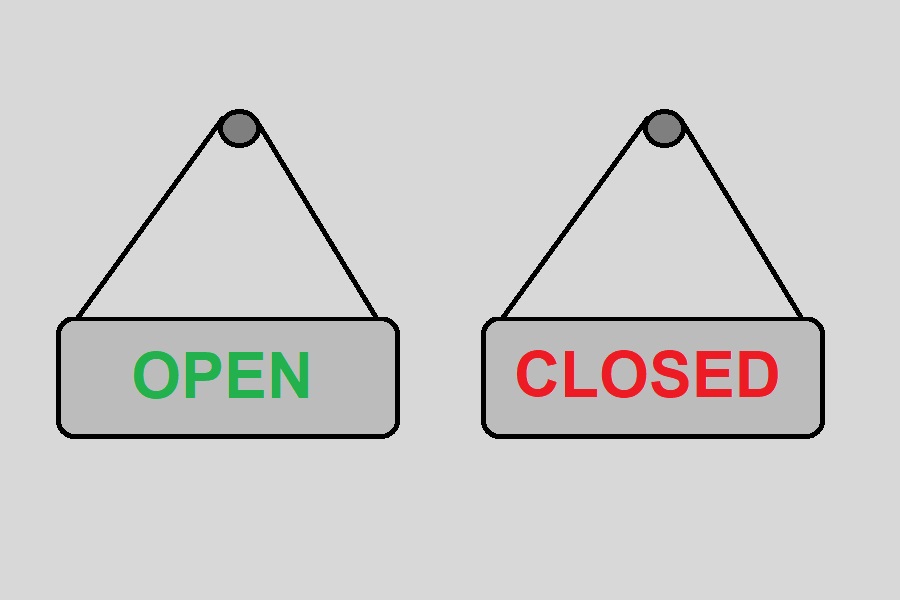In the realm of software development, the Open-Closed Principle (OCP) stands out as a foundational concept. At first glance, it may seem like a paradox – how can something be open yet closed? The answer lies in the power of abstraction. This blog post, a part of our series on the SOLID principles, uncovers the mystery behind OCP and its significance in creating flexible, yet stable software systems.
🔄 Breaking Down OCP: Enhancing Code Stability and Flexibility
The Open-Closed Principle, a key component of the SOLID principles, pushes for a balance between stability and adaptability in code. It posits that while software modules, like classes and functions, should be extendable (open), their existing source code should remain untouched (closed). This idea is summed up well by the adage: “Software entities should be open for extension, but closed for modification.”
🌟 Understanding OCP Through Real-World Examples
Take the case of a salary calculator in an application. As new employee categories emerge, each with different tax calculations, the system should adapt without needing to overhaul the existing code. Implementing OCP through strategies like the Strategy Design Pattern or Abstract Factories can make this possible, allowing new behaviors to be added without disturbing the current logic.
📚 Historical Context and Evolution of OCP
Conceived by Bertrand Meyer in 1988, the original idea of OCP focused on modules being open for extension and closed upon release. However, modern interpretations, influenced by Robert C. Martin (Uncle Bob), emphasize abstractions and polymorphism as the key to achieving this principle.
🌐 Real-World Application of OCP in Software Development
In practice, OCP allows developers to introduce new functionalities by creating new implementations of existing abstractions. This minimizes the impact on existing code, simplifying maintenance and enhancing the software’s adaptability to change.
💼 The Business Value of OCP
For businesses, OCP is a game-changer. It enables rapid and safe adaptation to changes, a crucial aspect in large, complex codebases. By investing in the right abstractions from the start, future modifications become quicker and less risky, ensuring continuous and efficient business value.
Conclusion: Embracing OCP for Future-Proof Software
While the Open-Closed Principle might initially seem contradictory, its effective implementation through careful abstraction and polymorphism is vital in crafting robust and adaptable software systems. Understanding and correctly applying OCP is essential for software that evolves gracefully with changing business needs.






